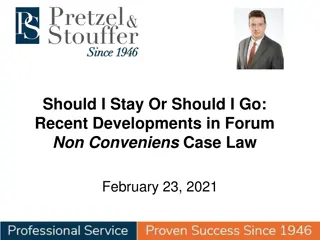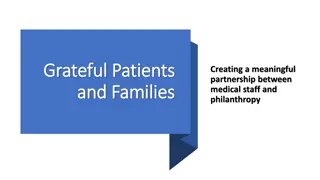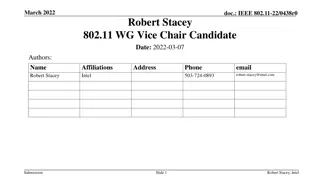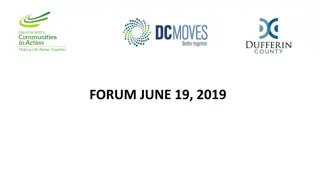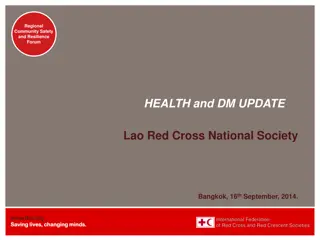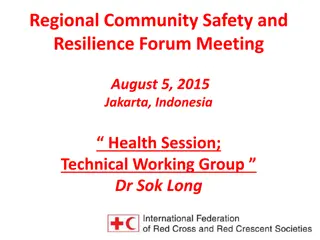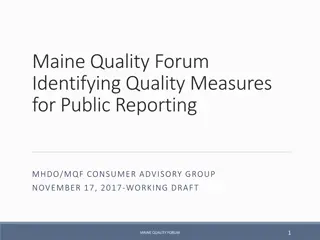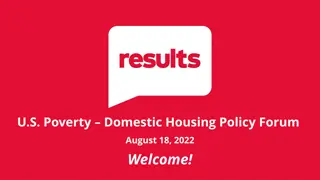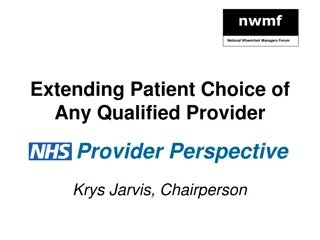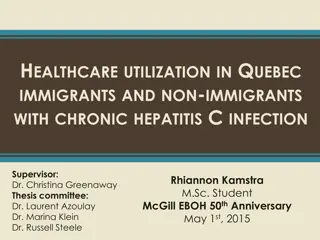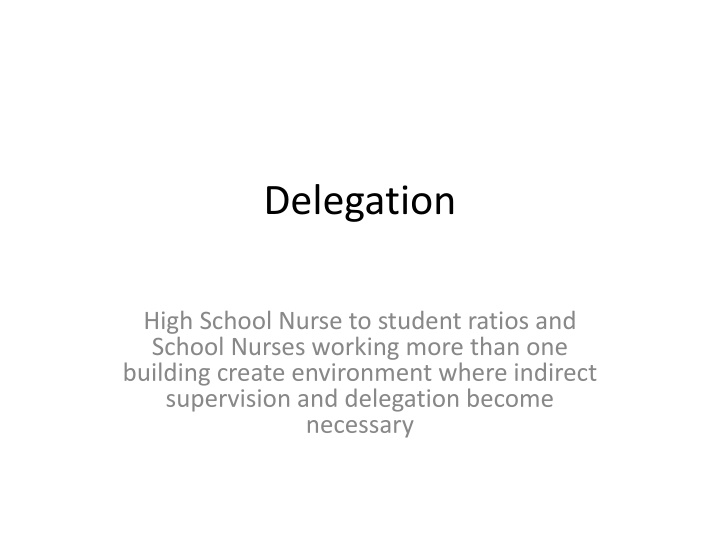
Understanding Delegation in High School Nursing Settings
Learn about the importance of delegation in high school nursing, including the steps involved, guidelines for delegation decisions, and the role of Registered Professional Nurses in determining tasks for unlicensed staff. Explore legal aspects and regulations related to delegation in school health services.
Uploaded on | 0 Views
Download Presentation

Please find below an Image/Link to download the presentation.
The content on the website is provided AS IS for your information and personal use only. It may not be sold, licensed, or shared on other websites without obtaining consent from the author. If you encounter any issues during the download, it is possible that the publisher has removed the file from their server.
You are allowed to download the files provided on this website for personal or commercial use, subject to the condition that they are used lawfully. All files are the property of their respective owners.
The content on the website is provided AS IS for your information and personal use only. It may not be sold, licensed, or shared on other websites without obtaining consent from the author.
E N D
Presentation Transcript
Delegation High School Nurse to student ratios and School Nurses working more than one building create environment where indirect supervision and delegation become necessary
Delegation Five steps of delegation (NCSBN): 1. Assess the situation 2. Plan for the activity 3. Assure appropriate account ability 4. Supervise performance of activity 5. Evaluate entire delegation process Giving permission for a qualified non-nurse to complete a specific task in a specific situation
Delegation ANA: the use of UAP personnel to perform delegated nursing tasks in the school setting is appropriate only if the SN is in control of the decision to delegate a health care task NCSBN: Boards of Nursing should articulate clear principles for delegation augmented by clearly defined guidelines for delegation decisions and UAP are equipped to assist not replace the nurse
Nurse Practice Act It shall be the responsibility of the Registered Professional Nurse to determine which nursing procedures unlicensed direct care staff will be allowed to perform, and which unlicensed staff will be allowed to perform them. The RPN shall exercise professional judgement as to when delegation is unsafe.
Nurse Practice Act Professional misconduct, such as the unauthorized practice of nursing, or authorizing unqualified unlicensed individuals to perform nursing tasks, are a Class E felony Subject to penalties that range from reprimand, to revocation of license, and/or fines up to $10,000 Health Assessment, Insulin Administration in question
The Individuals with Disabilities Education Act (IDEA) - 1975 Requires states to provide special education services at public expense If deemed eligible for special ed, shall receive related services, as appropriate; includes assistive technology, medical services for evaluation purposes, school health services, School health services = provided by a qualified school nurse or other qualified person
Section 504: Rehabilitation Act 1973 Prohibits schools that receive any federal funding to discriminate against students who qualify as handicapped must provide access to all programs, prohibits exclusion Diabetic students are eligible for accommodations under 504 because diabetes significantly impacts body functioning and affects school performance ( other health impaired )
Americans with Disabilities Act 1990 Reaffirms the civil rights of individuals with disabilities and extends their right of access to the full range of services provided by both the public and private sectors Extended Section 504 to apply to daycares, nurseries, elementary & secondary schools, colleges regardless of whether they receive federal funding or not
A4987 / S4473 trained diabetes care personnel may perform diabetes care functions including, but not limited to: checking and recording blood glucose levels and ketone levels, or assisting a pupil with such checking and recording such levels, responding to blood glucose levels that are outside the pupils target range; administering glucagon and other emergency treatments, as prescribed; administering insulin or assisting a pupil in administering insulin through the insulin delivery system the student uses; providing oral diabetes medications; & following instructions regarding meals, snacks, and physical activity
A4987/S4473 A licensed health care professional, school personnel or school shall be protected from liability for civil damages when providing the activities described by this section Lack of State Board of Nursing clarification or guidance memo specifying parameter for DM task delegation
How bills change DM care at school Transfers elements of nursing supervision and assessment, in addition to the administration of insulin, to a non-nurse school employee The professional with the full training, knowledge and appropriate licensure would no longer be primary contact regarding diabetic care
Ramifications of the bills for school staff Principals, administrators & parents will likely influence some staff delegations Since nurses are supposed to determine appropriate delegation, this could be practicing nursing without a license Teachers realize delegated health care tasks are outside of their license parameters they are at risk for professional misconduct, liability have the right to refuse to take responsibility for these tasks Nurses risk license revoke and fines if delegation is not clarified by BON
SAFETY Original reason for the Nurse Practice Act to protect the public and ensure patient safety Questions regarding laws, guidelines & procedures: New York Statewide School Health Services Center www.schoolhealthservicesny.com 585-247-7667
Helpful Links Americans with Disabilities Act http://www2.ed.gov/about/offices/list/ocr/do cs/hq9805.html Understanding the Differences Between IDEA and Section 504 http://www.ldonline.org/article/6086 National Council of State Boards of Nursing http://www.ncsbn.org/index.htm
links American Nurses Association: Registered Professional Nurses & Unlicensed Assistive Personnel http://www.nasn.org/PolicyAdvocacy/PositionPa persandReports/NASNPositionStatementsFullVie wtabid/462/ArticleId/116/Unlicensed-Assistive- Personnel-The-Role-of-the-School-Nurse-Revised- 2011 National Association of School Nurses www.nasn.org
links Nursing Guide to Practice www.op.nysed.gov/prof/nurse/nurse-guide- April09.pdf ANA Joint Statement on Delegation www.ncsbn.org/Delegation_joint_statement_NC SBN-ANA.pdf New York Statewide School Health Services www.schoolhealthservicesny.com Legal Issues in School Health Services, Schwab & Gelfman, 2001





